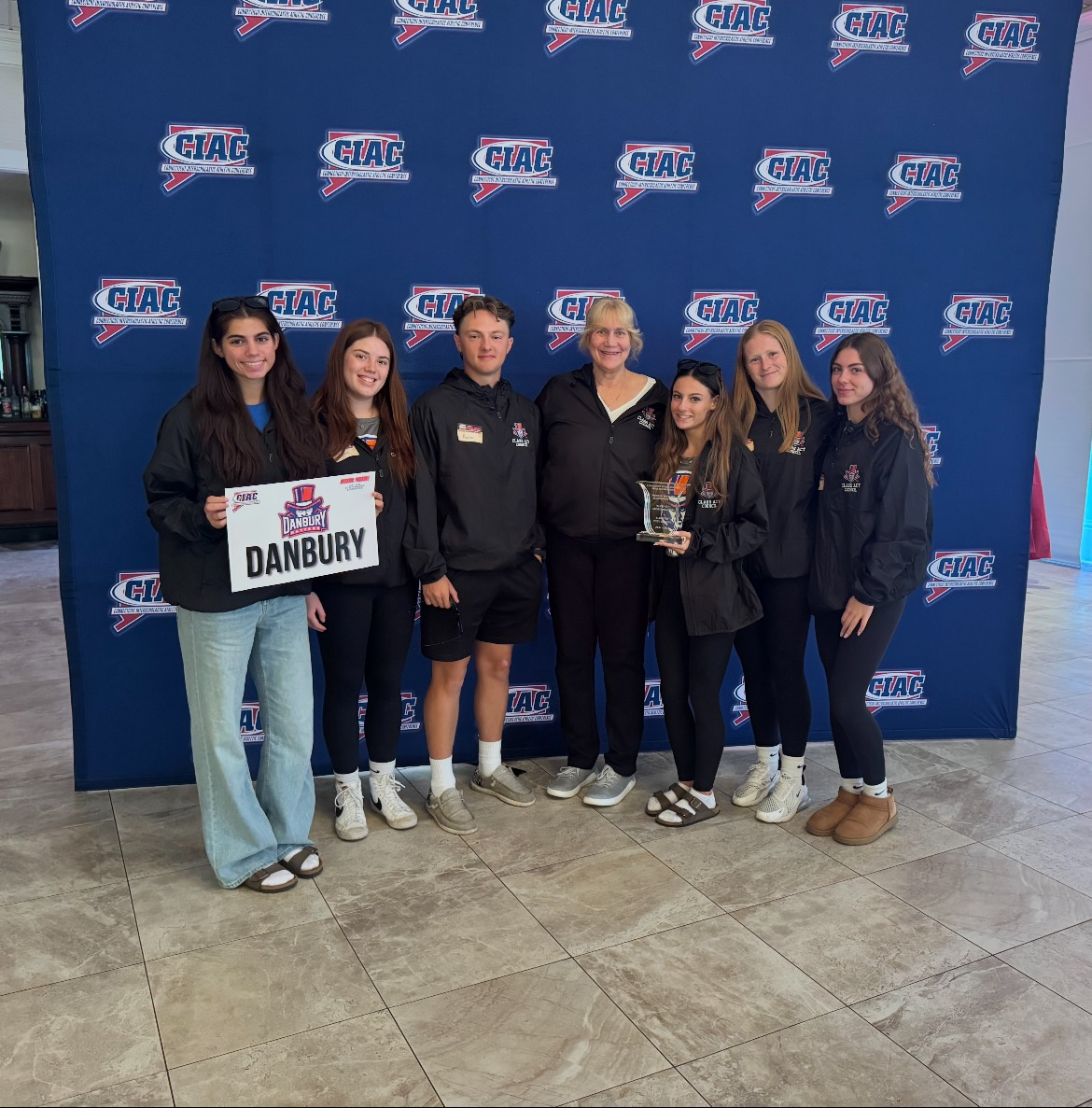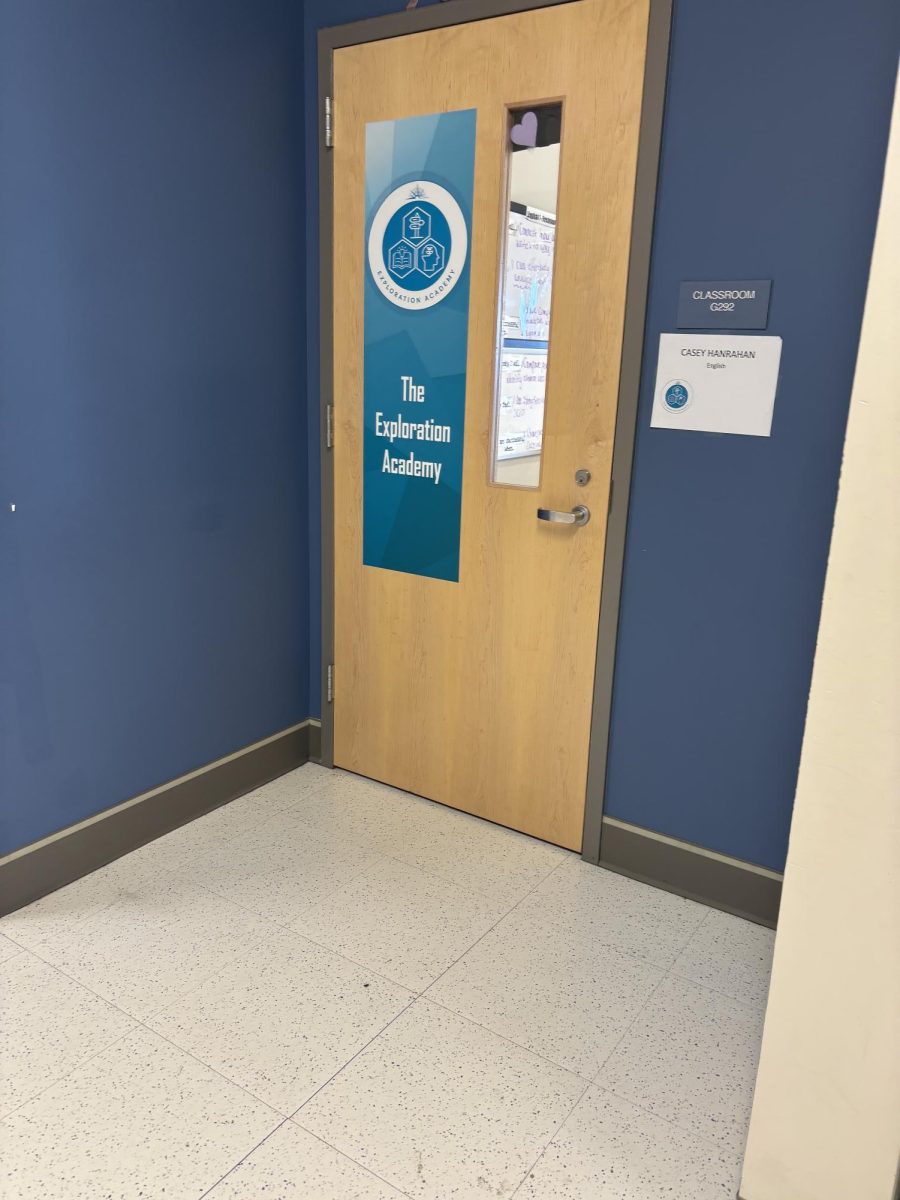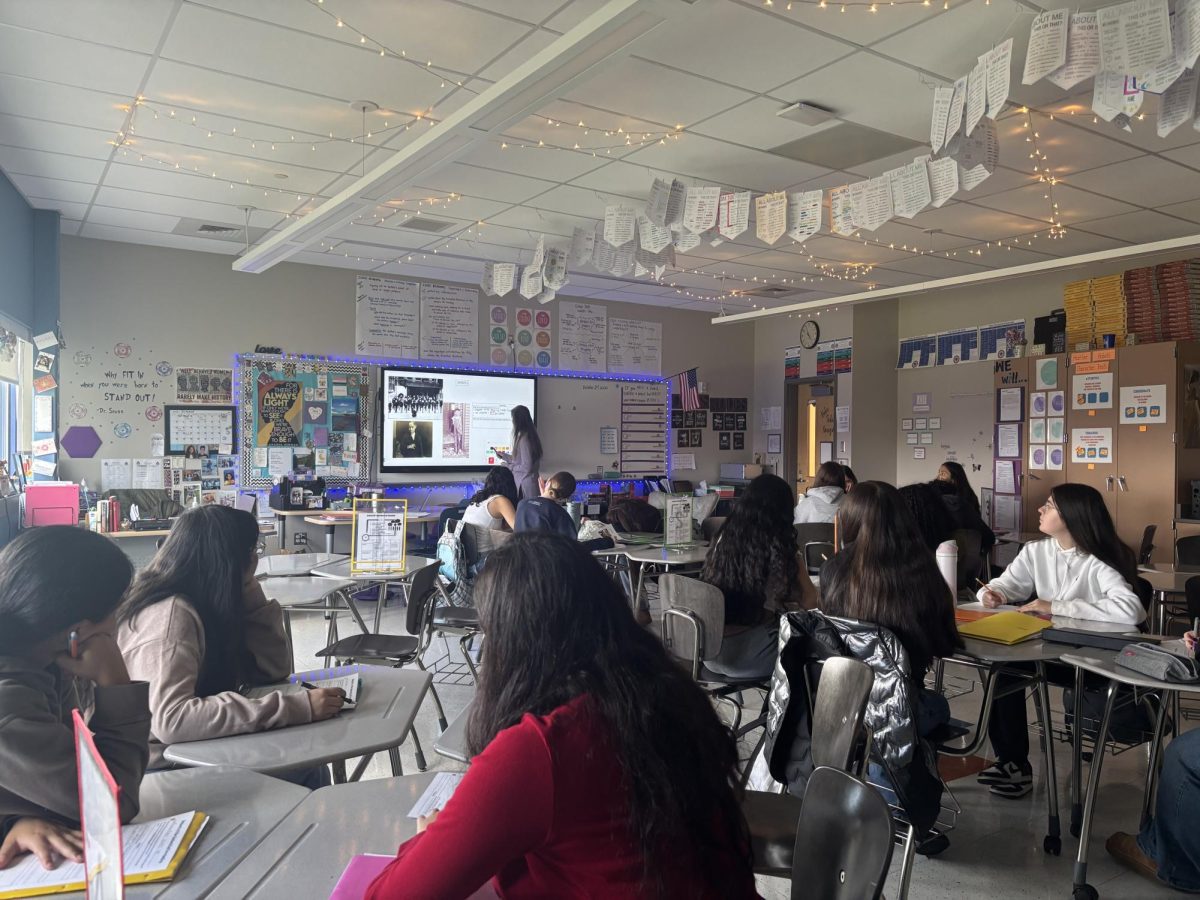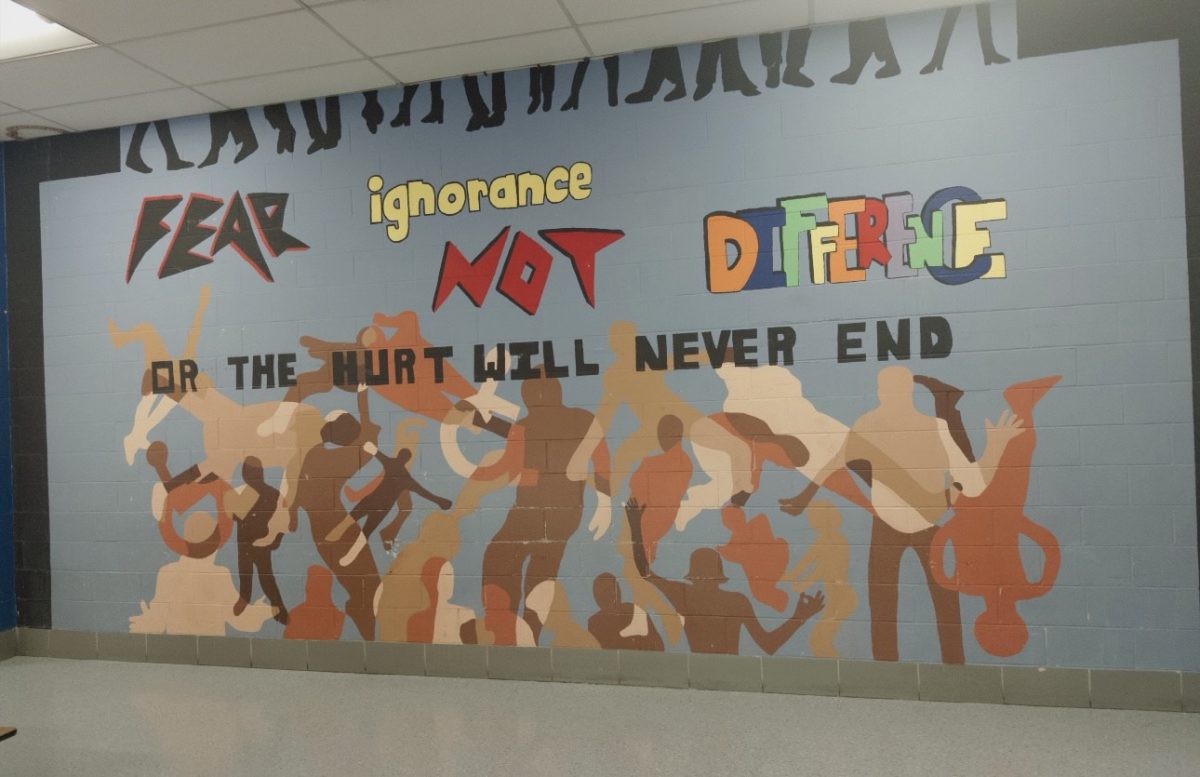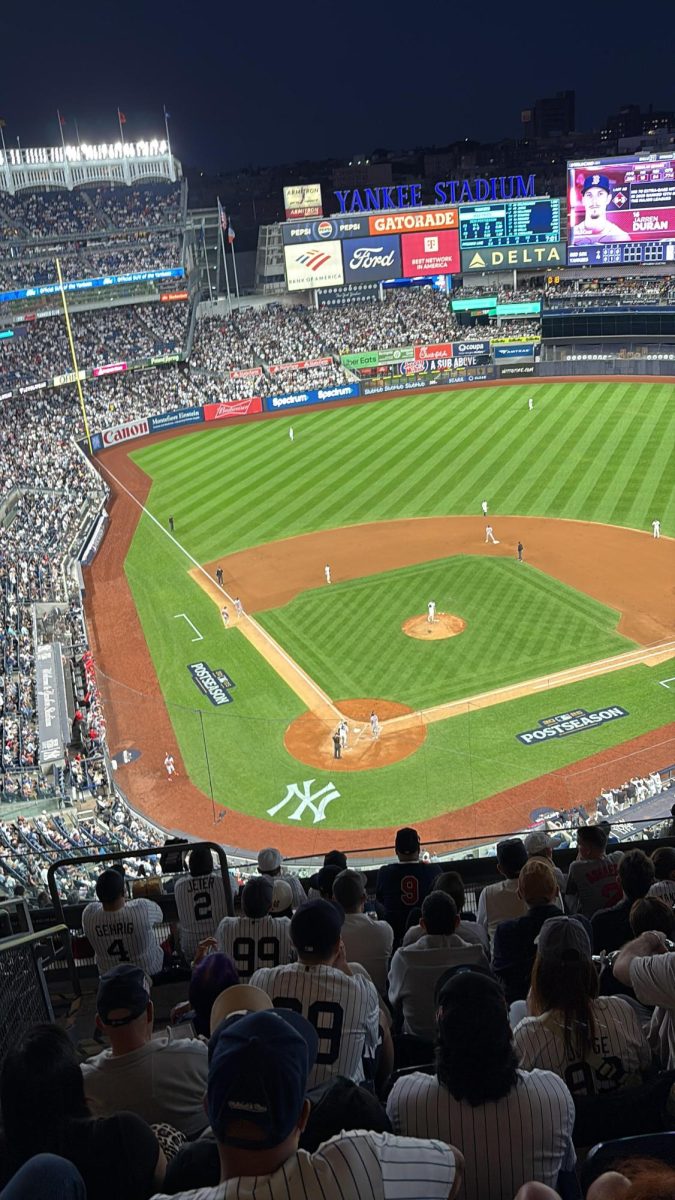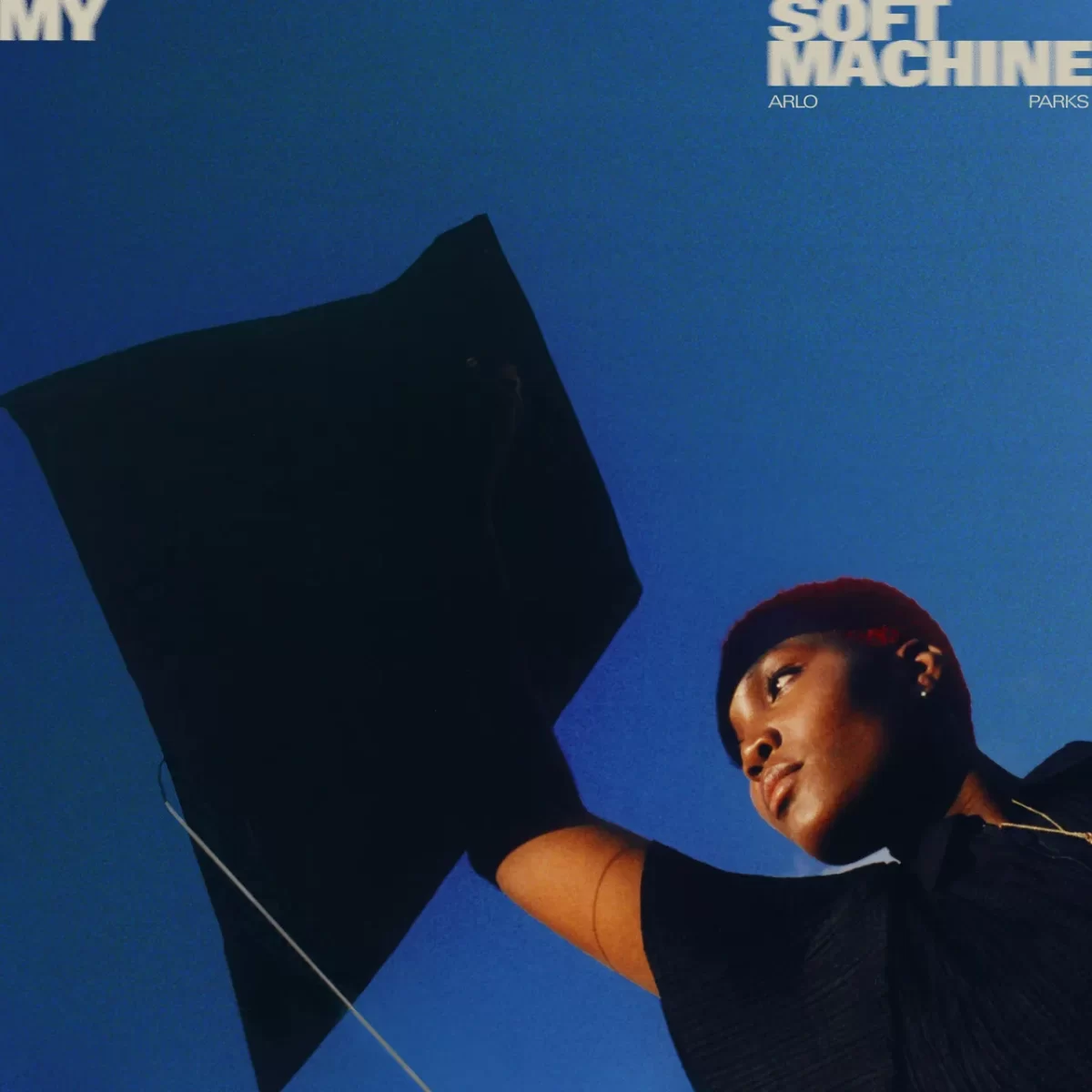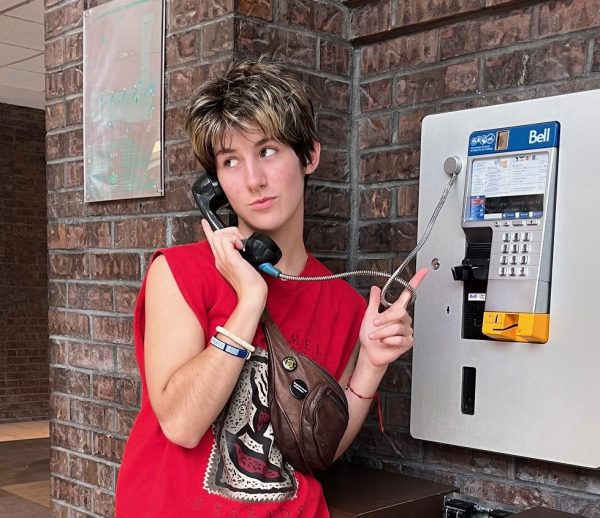I have loved Arlo Parks since 2020, before her debut album was released, and it has been a treat to watch her develop as an artist. Parks is a 23-year-old indie pop/alternative artist from London, and has been releasing music since 2018, doing alchemy with elements of R&B, rock, electronic, and hip-hop. Thematically, Parks gravitates to love, mental health, storytelling, and vulnerability. Parks’ work is similar to The Internet, Dreamer Isioma, Orion Sun, and SALES, but she has remained distinct among others, especially with her new record. Last month, Parks released her sophomore album My Soft Machine, which overall was a gloomier, more mature next stage in her discography. Let’s dive into its strengths, weaknesses, and how it stands next to her debut.
Judging by the Cover
I’ll start by saying that the cover art for this record is beautiful, and it prepares the listener well for what they’re about to hear. It’s a portrait of Parks, chest up from a low angle, holding a black kite above her head. The deep blue hues of the sky behind Parks mirrors that fresh yet deep feeling of the record. At the same time, the kite looms over Parks’ head, and leaves a shadow on her face, hinting at an underlying tone of darkness.
The cover for My Soft Machine is more cohesive than Parks’ first, Collapsed in Sunbeams, which was aesthetically pleasing but not very strong in representing the album. This time, Parks went with a simpler and more focused design, which is both alluring and fitting for the tracks.
Parks says title comes from a line in The Souvenir (2019), though it has been used by other artists and writers. The phrase “soft machine” often refers to the human body, using juxtaposition to comment on our humanity and how we interact with societal norms. Parks says to NPR’s Leila Fadel, “It’s very much a contrast between light and shade, numbness and hypersensitivity and the softness in the machine-like quality.”
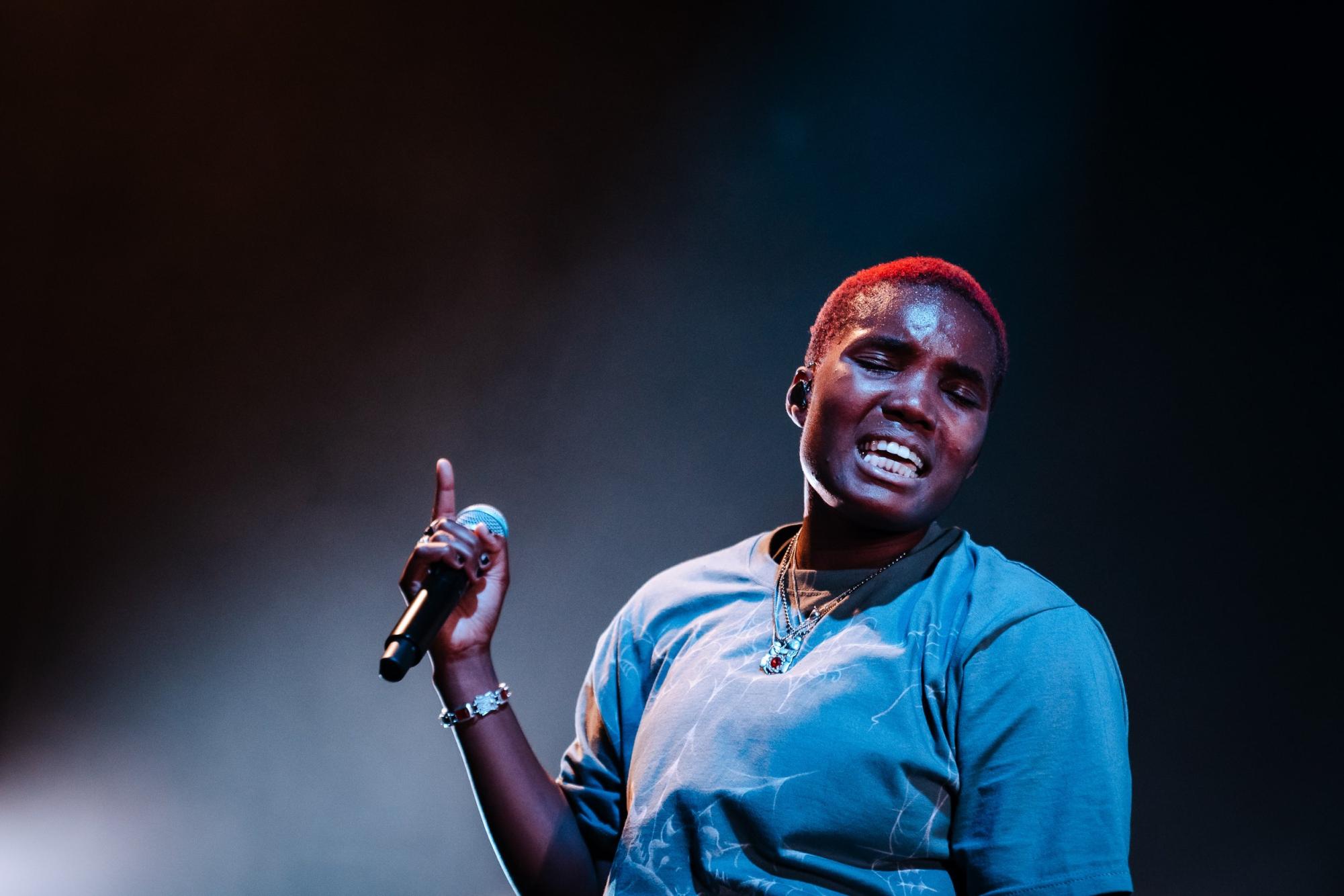
Opening Remarks
I thought the opening track “Bruiseless” was a perfect introduction to this record. It sets the stage with a gloomy chord and the sound of labored breathing, leading into a drum breakdown smoothed over by Parks’ poetic lyrics. Instantly, this record is more mature than her debut while retaining some familiarity for long-time listeners like myself.
This track focuses on Parks’ desire for a simple life, a clean slate, where she can start over without all of the hurt of the past. There’s an element of sweetness and nostalgia, which almost feels like a nod to Collapsed in Sunbeams and how things have seemingly complicated since then for Parks.
“Bruiseless” is definitely a change from Parks’ debut—it’s rougher, a bit darker, and less polished. I was extremely excited to see where the album went next. It’s an attention catcher for new and old listeners. The chilled synth undercurrent paired with the frenetic drum beat is a perfect summary of My Soft Machine. Parks has changed, and has been changed, and yet her lyrics are just as vivid, voice just as silky, mood just as emotional.
Parks is also a published poet, and that shines through in her songwriting. My favorite lyrics from the first track are “Like a peony ripped by the chain of a dirt bike / I just wish I was seven and blameless.” Some say there is no such thing as a transitive time in one’s life—that we are constantly changing, and life is constantly happening while we experience it. We have all been wronged, and although we understand we have been changed for the better, we also wish that we didn’t have to face the consequences of our youth. Parks’ ability to take this relatable feeling of yearning for simplicity and innocence and turn it into something fresh is indeed a talent.
Does It Hold Up?
If “Bruiseless” prepares the listener for something a bit darker and more intense, does the album deliver? Admittedly, I was made to expect a sound that was raw, and My Soft Machine did not always deliver this. The album is still quite polished, which is not necessarily a flaw—but I would like to see Parks explore more of that grittiness. We have seen what magic Parks can do with synths and brightness, and the little hints of sorrow or edge definitely pique one’s interest further. Parks is obviously able to maintain a signature sound in her music, and she shouldn’t be concerned about venturing. My Soft Machine is still distinctly Arlo Parks, what with its emotional storytelling and groove.
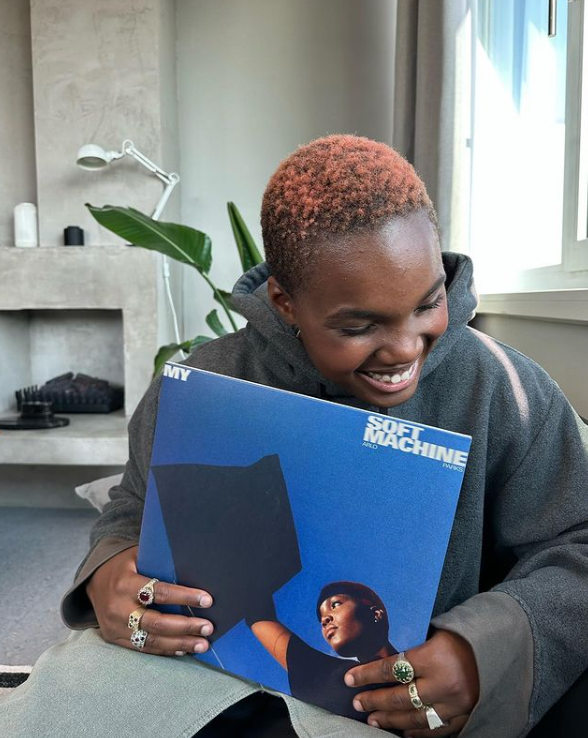
Still, the rawness shines through in little details like the fuzz looming over the undertones of “Puppy,” or the rougher guitar tones in “Devotion” or “Dog Rose.” There are also moments like “Pegasus,” which are incredibly emotional while not being rough. The feature on this track, Phoebe Bridgers, perfectly blends with Parks without taking control of the track. Both artists are very skilled in conveying that gentle sorrow of “Pegasus,” which is about learning to love in a new healthy relationship, simultaneously feeling a bit insecure and overwhelmed by the affection.
Compared to Collapsed in Sunbeams, the record is more mature throughout and consistently shows depth. While Parks’ debut was incredibly good with melodies and lyrics, My Soft Machine shows a deeper side of Parks with less surface-level messages and the acceptance that pain is a force, not a fleeting breeze as Collapsed in Sunbeams suggests.
Stand-Out Songs
Now for the section I’ve been waiting for since I finished this album. My favorite song from My Soft Machine has to be “Puppy”—it’s industrial, it’s evocative, it’s honest. The instrumentals immediately took my interest. Parks makes use of unique and grungy percussion, which is aided by the simple looped melody, so elements of the song aren’t battling for attention. And, of course, Parks’ vocals smooth out the song, a perfect gloomy overtone to the rest.
“Puppy” discusses themes of loss, depression, stagnation, and growing pains. Parks describes feeling stuck in the midst of life and its uncertainty—”Shadowboxing the fear of death / Wim Wenders movies and awkward sex.” Parks understands that while we want life to be a pattern of overcoming problems, it often manifests in long periods of discomfort that take the stage over the eventual (or past) healing. Life is a river of events, sometimes being blocked or interrupted by rocks or droughts—other times being flooded with rain. I appreciate that Parks has taken a different angle to these hardships. The Arlo Parks of Collapsed in Sunbeams may have leapt to give advice or comfort for Grady, who is mentioned in this song to have lost his mother, but this Arlo Parks is okay with stewing in the sorrow a bit.
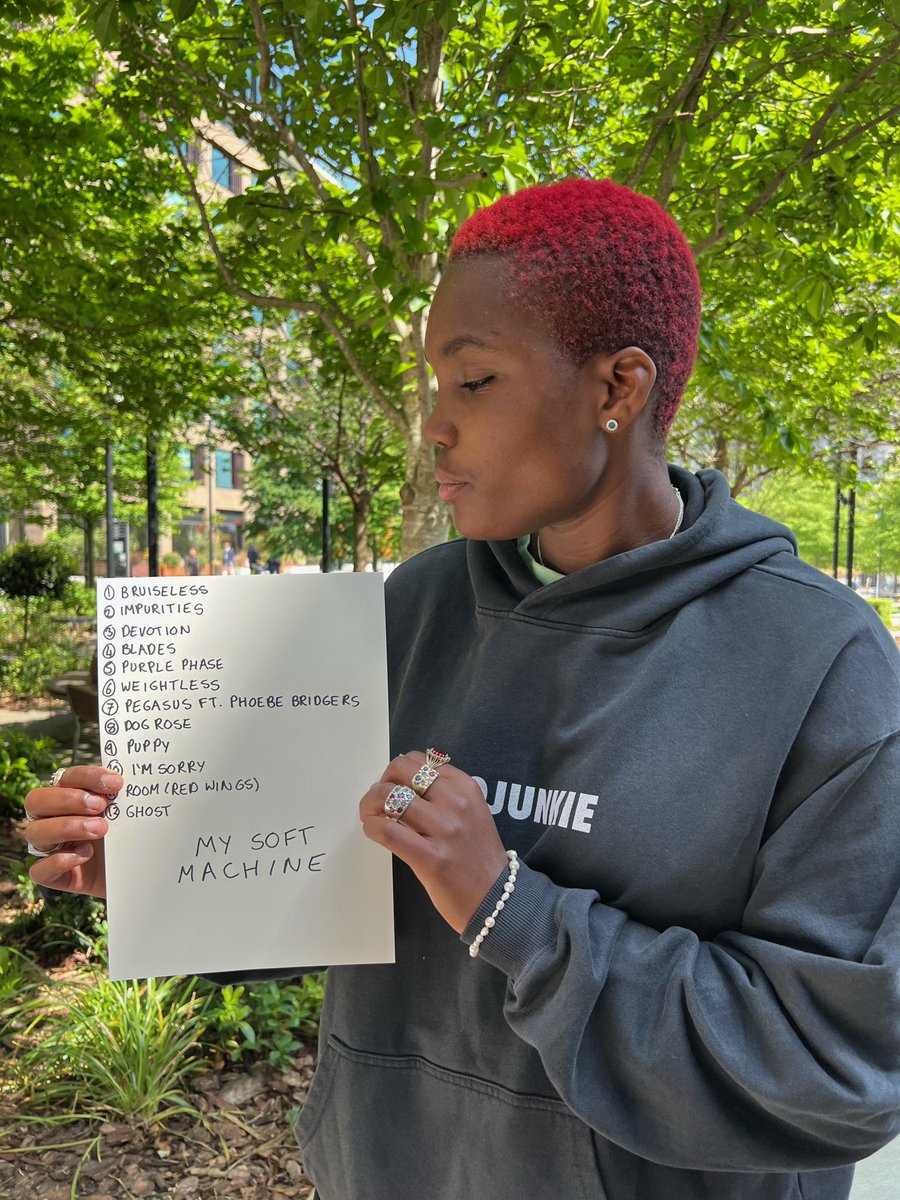
My absolute favorite detail of the track is the repeated line “I know some things hurt forever.” This is a direct response to “Hurt,” the second track off of Collapsed in Sunbeams, which asserts, “I know you can’t let go / Of anything at the moment / Just know it won’t hurt so / Won’t hurt so much forever.” This development is not one I expected, but it’s one I welcome with open arms. Listening to Parks create her art around the peaks and valleys of life is a joy.
As for my least favorite song, “Ghost” was a tad disappointing, especially as a finale to the album. Instrumentally, it was much more mild than other songs—the issue was not that it was gentle so much that it was forgettable. A final track should give closure and stay in the listener’s head, but “Ghost” fell a bit flat. Its lyrics are just as good, but the listener isn’t drawn to them because of the mild instrumentation and the fact that more focus is put on the mellow harmonies.
“Ghost” deals with more relationship troubles—namely fighting with past demons while trying to be vulnerable with someone. Parks laments, “Wanna let you in, wanna have transparency,” but at the same time, “I’m scared if I tell you, you’ll think of me as weak.” Nothing in particular stands out about “Ghost,” and I’m left to question why it was chosen as the final track. Perhaps if the tracks had been reordered, the song would be stronger, and in turn the album could be given better closure. “Pegasus,” in my opinion, would have been a stronger choice. It sounds like a lullaby, but carries layers of musical and lyrical depth, conveying similar themes to “Ghost.”
Final Words
As a sophomore album, My Soft Machine is very solid, building on a more light-hearted, catchy album with complex feelings and new sounds. Parks explores a few of the same themes, and the format of some songs between her debut and now are similar, but she weaves in enough growth that it does not feel repetitive. I did notice that Parks’ lyrics are often addressed to someone else and their struggles—this was a very potent pattern in Collapsed in Sunbeams, and I’m curious about songs that are less direct or interpersonal. My hopes for Parks’ next release would be to explore this, along with the less polished parts of My Soft Machine.
Parks’ growth as an artist is extremely promising, and as she continues to build her sound, she makes a distinct place for herself among the many young artists trying to accomplish what she has. If you haven’t listened to Arlo Parks before, make that your 2024 resolution.
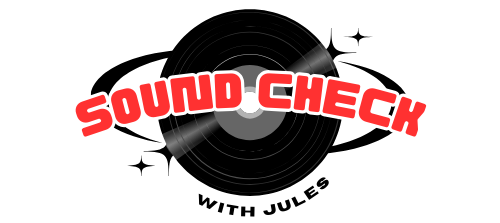
This has been the seventh issue of Sound Check with Jules, the musical column in the Hatters’ Herald. Tune in weekly to hear about music history, review, recommendations, analysis, culture, and more! To find Arlo Parks’ new album, My Soft Machine, which I listened to while writing, click here!


